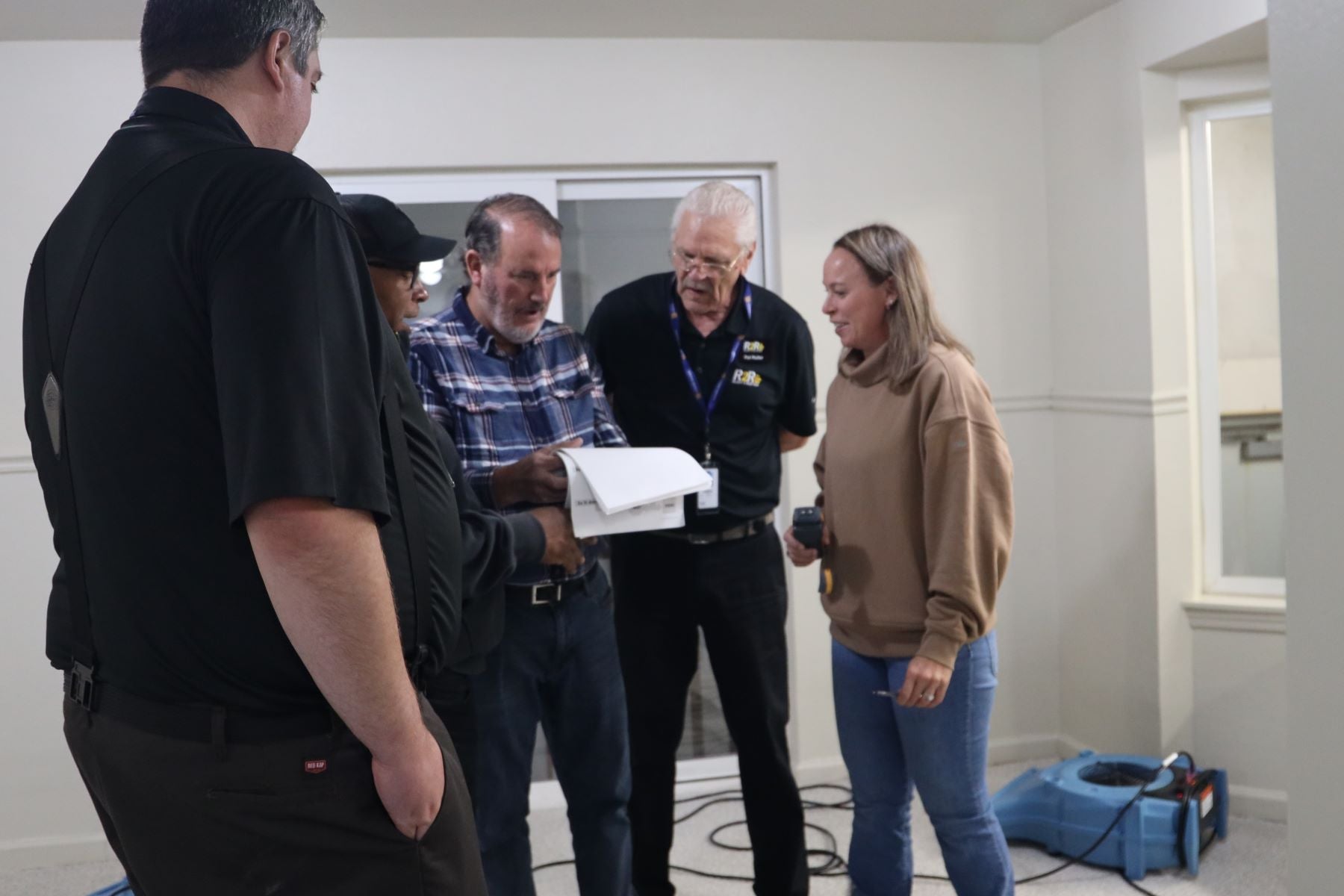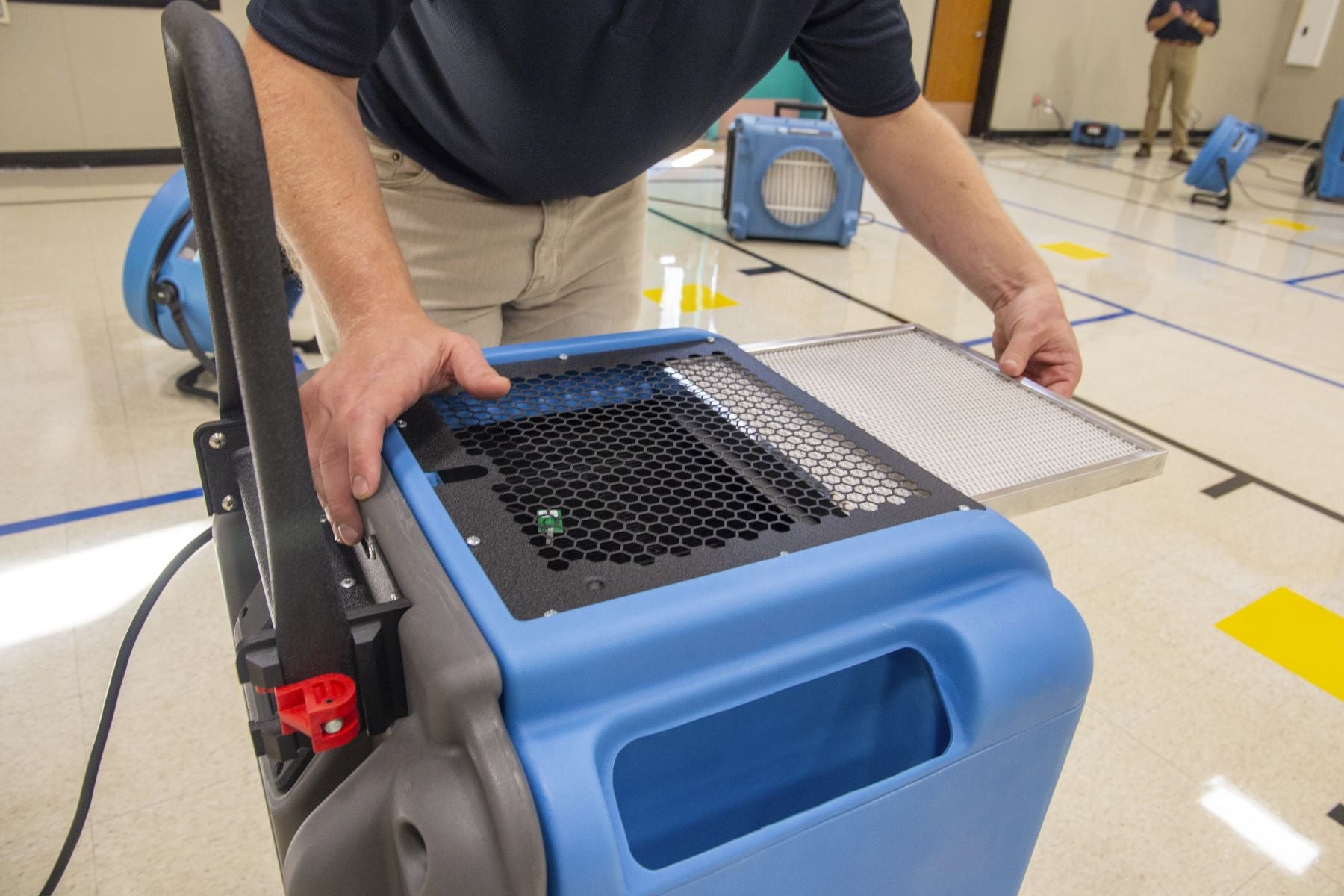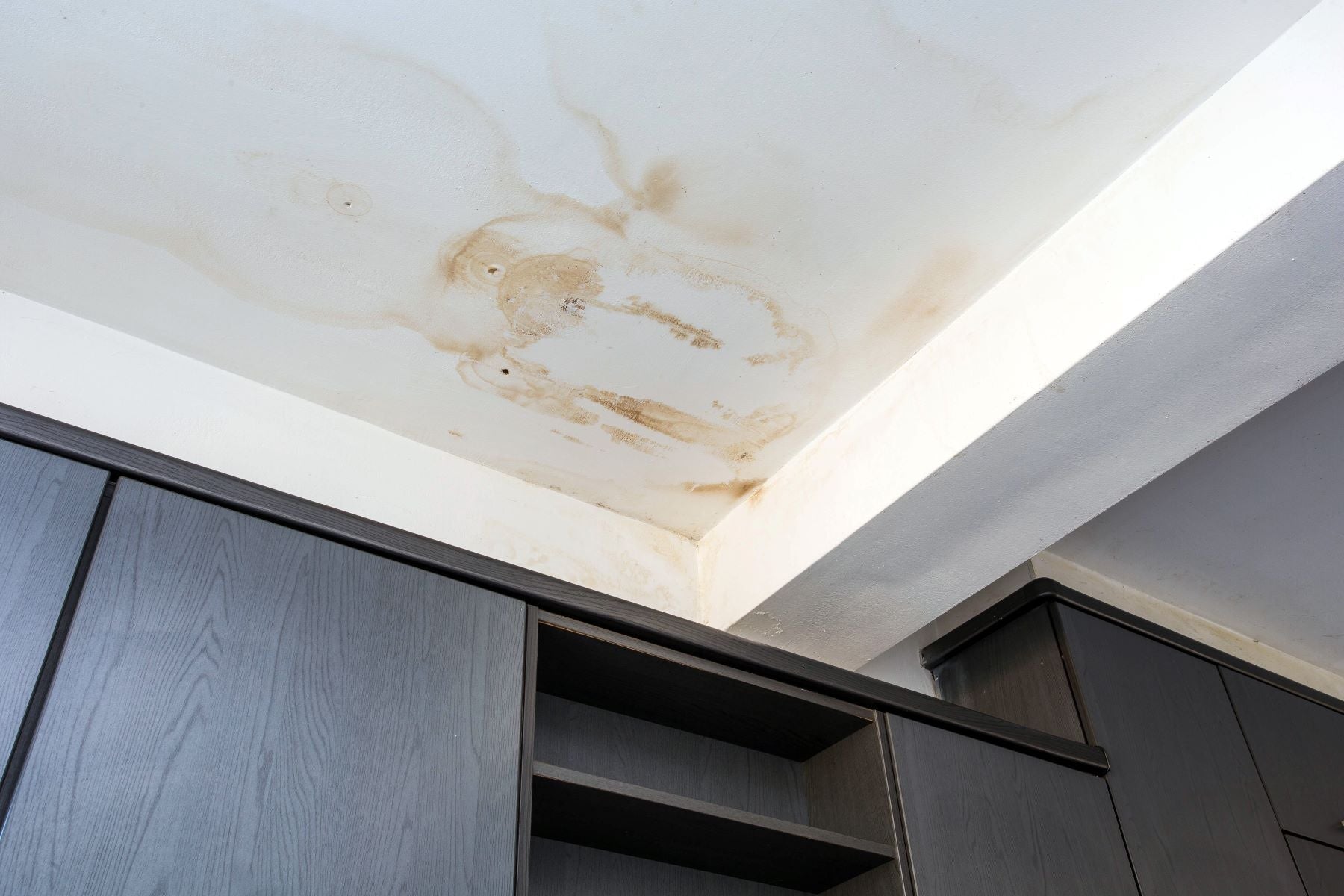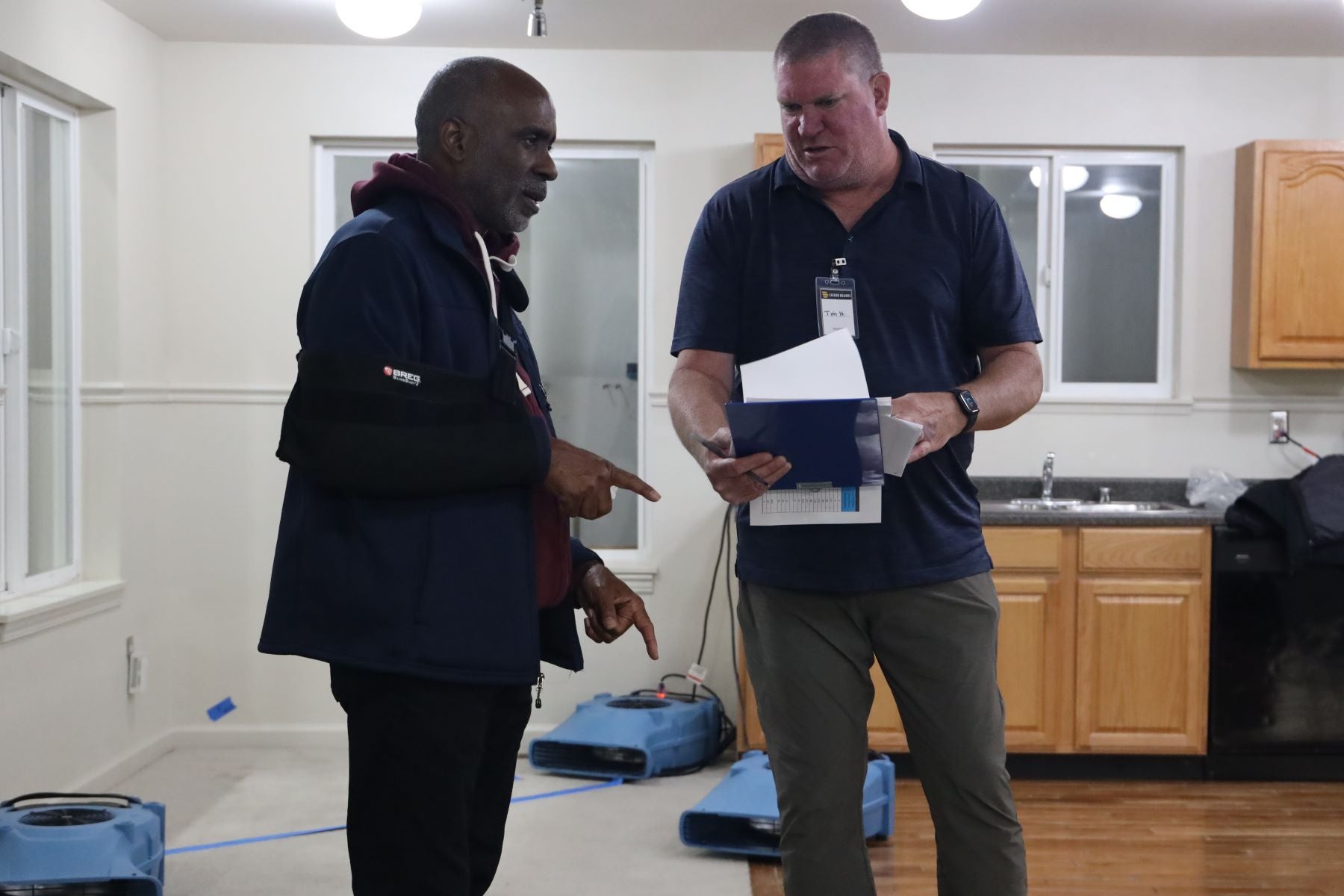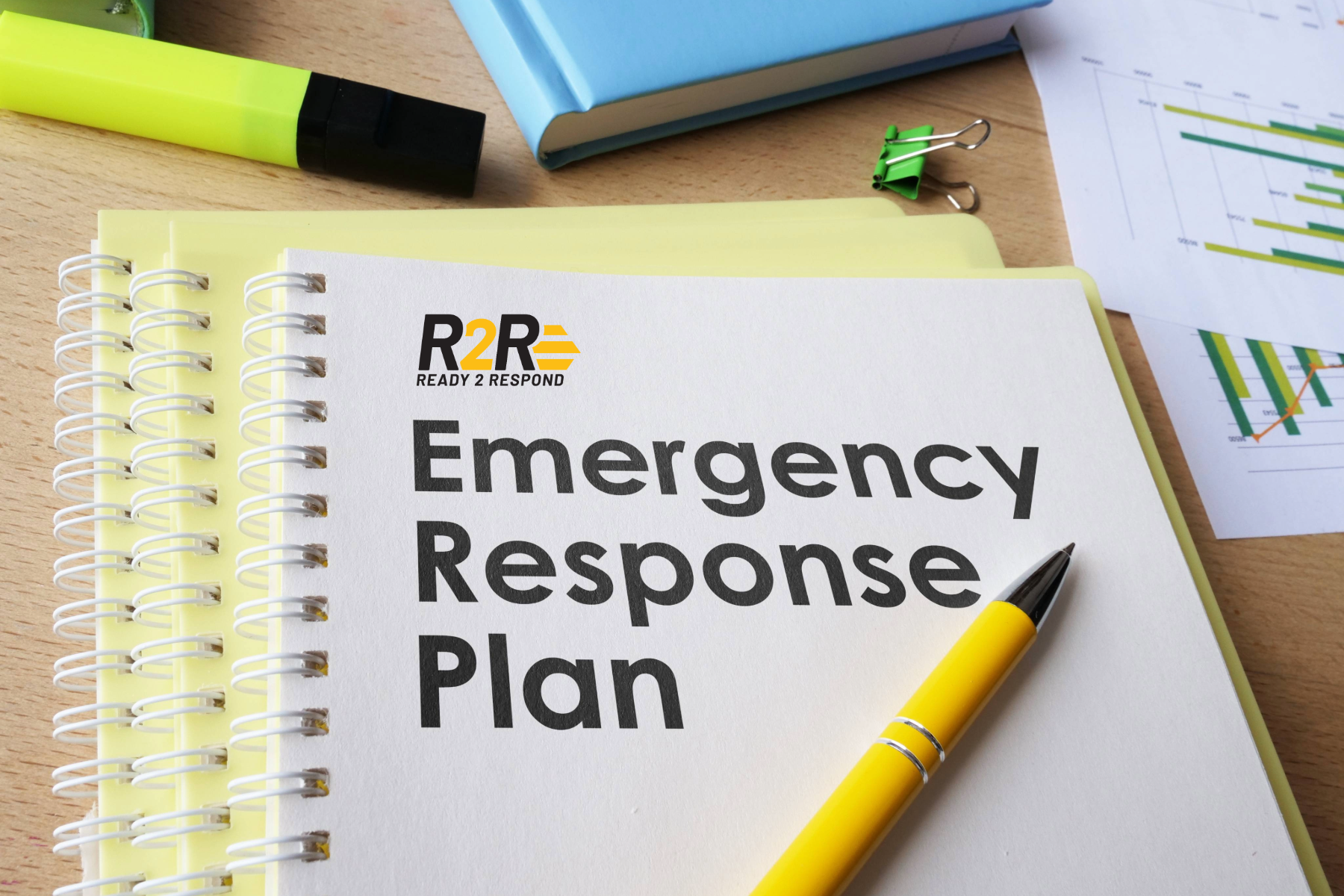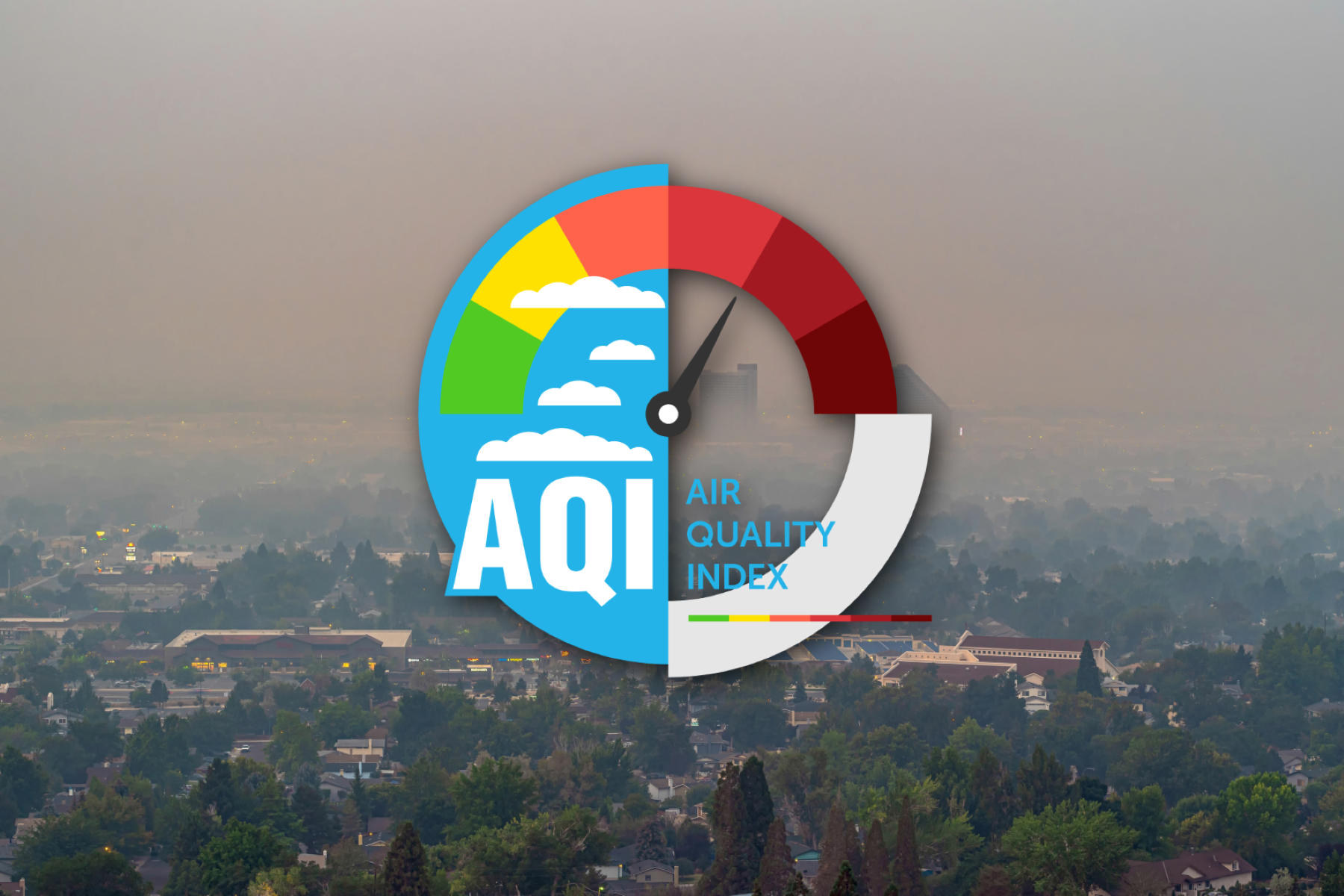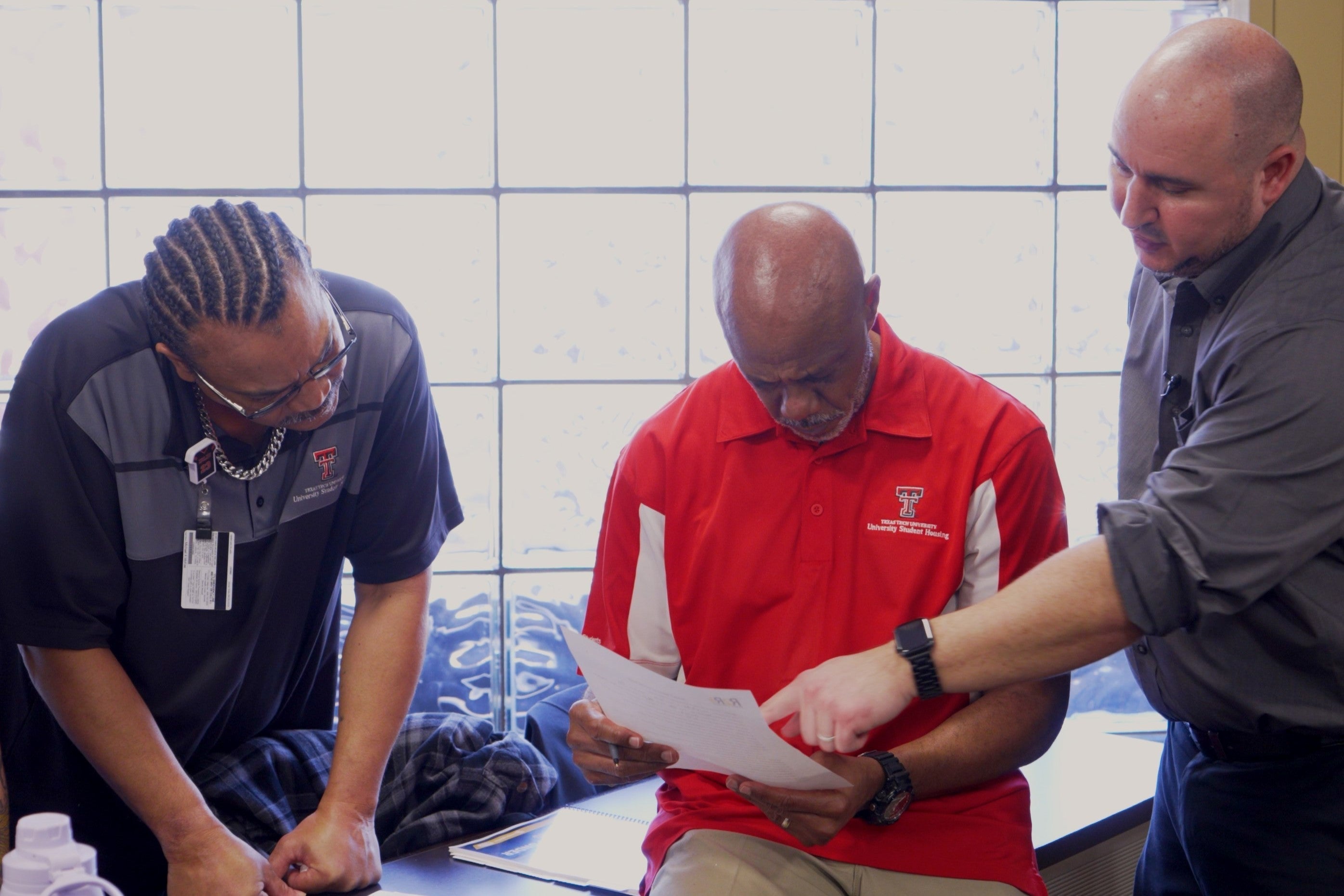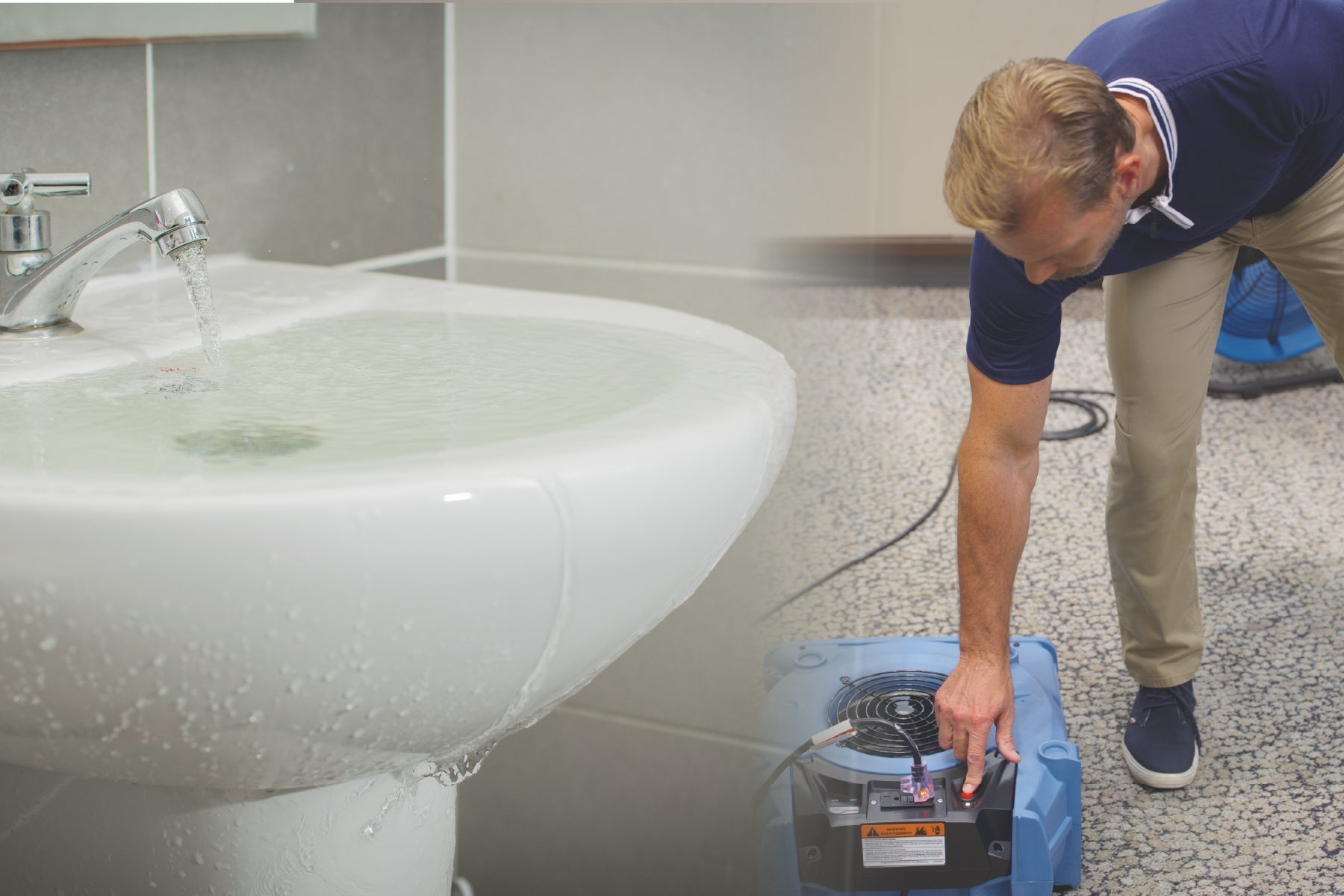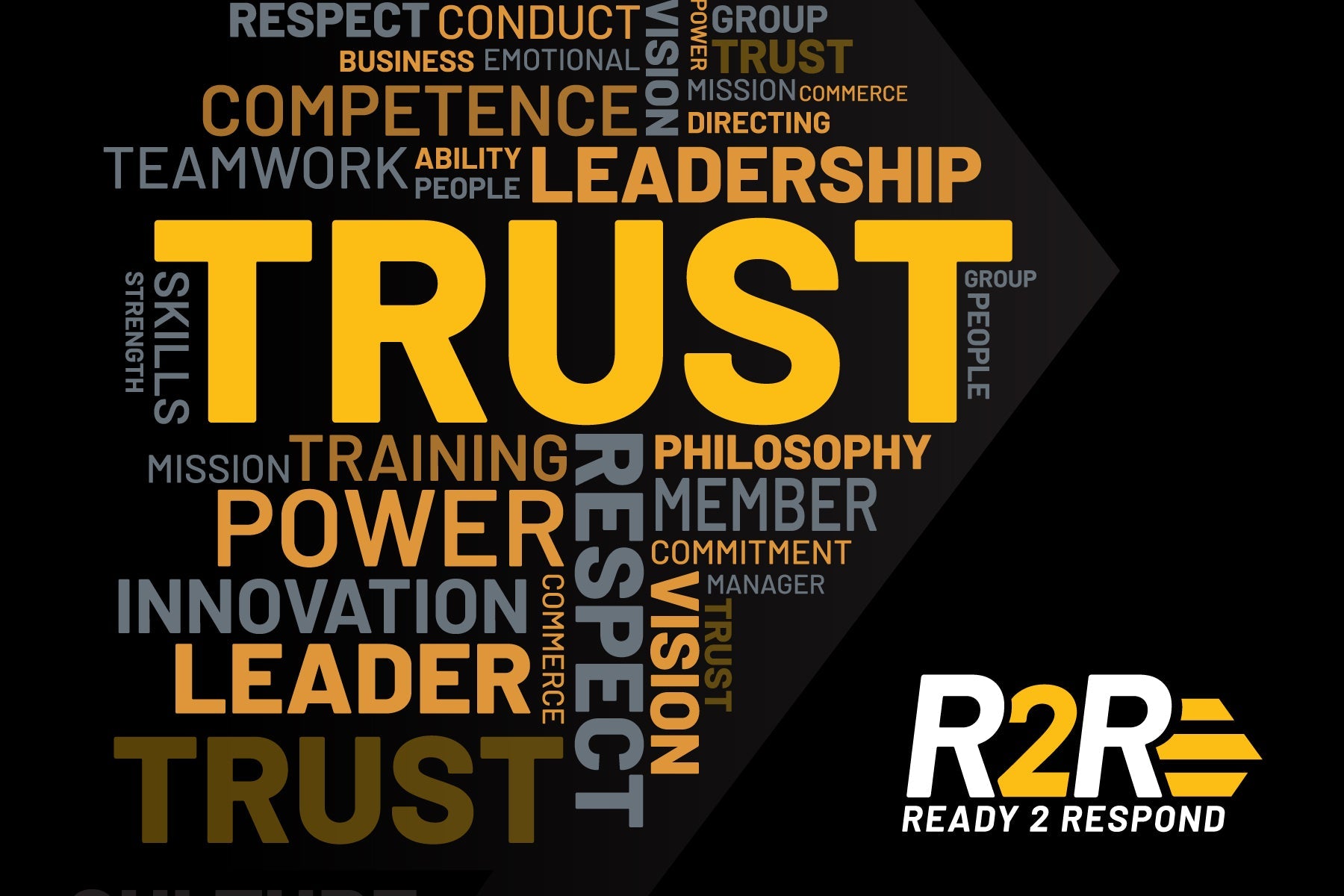Insights
Resilient Leadership: Guiding Facilities Teams through Challenges
Strong emergency response leadership begins well in advance of an event - it starts with building trust among team members, developing standard procedures, clarifying roles, and training teams for effective response.
Stay Ready: Smart Maintenance Practices for Drying Equipment
Maintaining in-house extraction and drying equipment is a critical step toward being ready for water emergencies. Make this checklist part of your water response SOPs to equip your team for fast response and to limit downtime and damage.
Summer on Campus: Reducing Moisture Hazards
Water leaks can easily go undetected when facilities are less occupied, as they are during summer on university campuses. At such times it's crucial to be proactive about regular, scheduled inspections to ensure that facilities teams can mitigate any issues as promptly as possible.
Preventing Water Damage: How to Spot Leaks Early
Fast detection makes a critical difference in the level of damage and costs resulting from water leaks. Because many leaks can be hidden, knowing what to watch for can help your facility avoid significant disruptions and expensive repairs.
How Real-World Emergency Training Builds Strong Teams
Simulation training builds confidence, cohesion, and readiness as team members experience a live water damage scenario and tasks that once felt complex become manageable. Learn how your team can benefit from real-world hands-on training.
How to Measure Emergency Preparedness
Delays in water emergency response don’t just lead to wet floors – they disrupt operations, damage equipment, displace building occupants, and strain budgets. Learn how to treat emergency preparedness as a measured, organizational priority for better long-term outcomes,
8 Crucial Components of an Effective Emergency Response Plan
A written facility emergency plan enables faster, more coordinated responses, helping to minimize damage, reduce downtime, and protect the safety of staff and building occupants. Learn what components must be included and how to implement your facility's plan.
Enhance Your Facility's Air Quality
Recognizing and mitigating indoor air quality (IAQ) risks ensures a healthier and safer environment for everyone who steps inside your facility. Good IAQ promotes health and productivity, while poor IAQ can lead to adverse health effects.
Case Study: How Texas Tech University Advanced Its Water Damage Response
Learn how Texas Tech University Student Housing ramped up their internal water event response to take control and serve their students better. As a result, they have saved significant budget funds and have the confidence and skills to manage flood emergencies with internal resources.
The Undeniable Value of Taking Control of Water Events
Learn how to measure the ROI or financial value of building a customized in-house water emergency response plan for your facility. By preparing facility staff to respond effectively, you can get spaces back in service sooner while reducing long-term risks.
Smart Tools, Safer Facilities: Top Tech for Preventing Water Damage
Preventing water damage is always more cost-effective than mitigating it. Smart tools like leak detectors, shutoff valves, and AI-powered analytics reduce downtime, lower repair costs, and help protect both property and people.
Building a Culture of Trust in Facilities Teams
Trust in facility management is about creating environments where open communication, transparency, reliability, training, and recognition strengthen team morale and improve efficiency.

